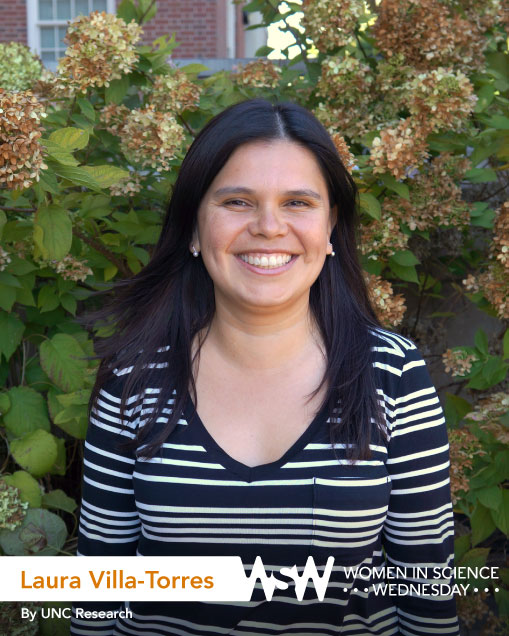When you were a little girl, what was your response to this question: “What do you want to be when you grow up?”
At first, I wanted to be a physician because my parents are physicians, and I was always in contact with clinics and patients. I also wanted to be a physicist because of a teacher I had in middle school. She was so cool and always explained things clearly. In high school, I got into journalism. In Mexico City, students pick their career at the end of their second year in high school. Then, they take specific classes that relate to what they want to study in college. I opted for sociology, and very early on, I focused on health topics during college. In a way, I merged both medicine and journalism in one: the sociology of health.
Describe your research in five words.
“How immigrants deal with problems.”
What made you want to be a scientist?
I am very curious and have many questions about everything. I like to listen to people’s stories and am very fortunate that people take the time to talk to me. Throughout the years, I’ve developed a deeper understanding of the different forms of social arrangements that, in my personal opinion, are very unfair. But people are always strong and resilient. I am interested in learning how people within immigrant communities deal with very human experiences and go from there. And because I love writing, qualitative research allows me to be more creative about that process.
What’s an interesting thing that happened while you were doing research?
A group of researchers and myself were violently kicked out of a community in Oaxaca, Mexico, upon returning the results of a domestic violence study. We were really scared, but understood that our presence was more threatening than helpful. That taught me a lot about working with different communities where you are the outsider.
What advice would you give to up-and-coming female researchers in your field?
Enjoy and have fun with what you are doing. Don’t let yourself be intimidated by others. Lastly, be curious and let the question guide the method, and not the other way around. Always ask many questions and let that guide you.


